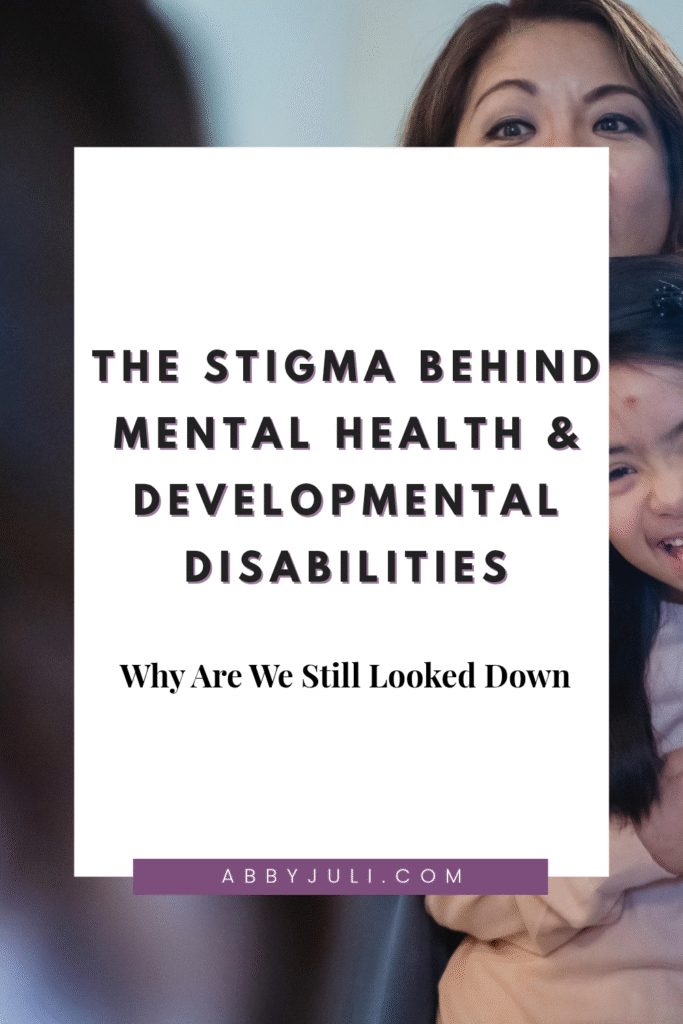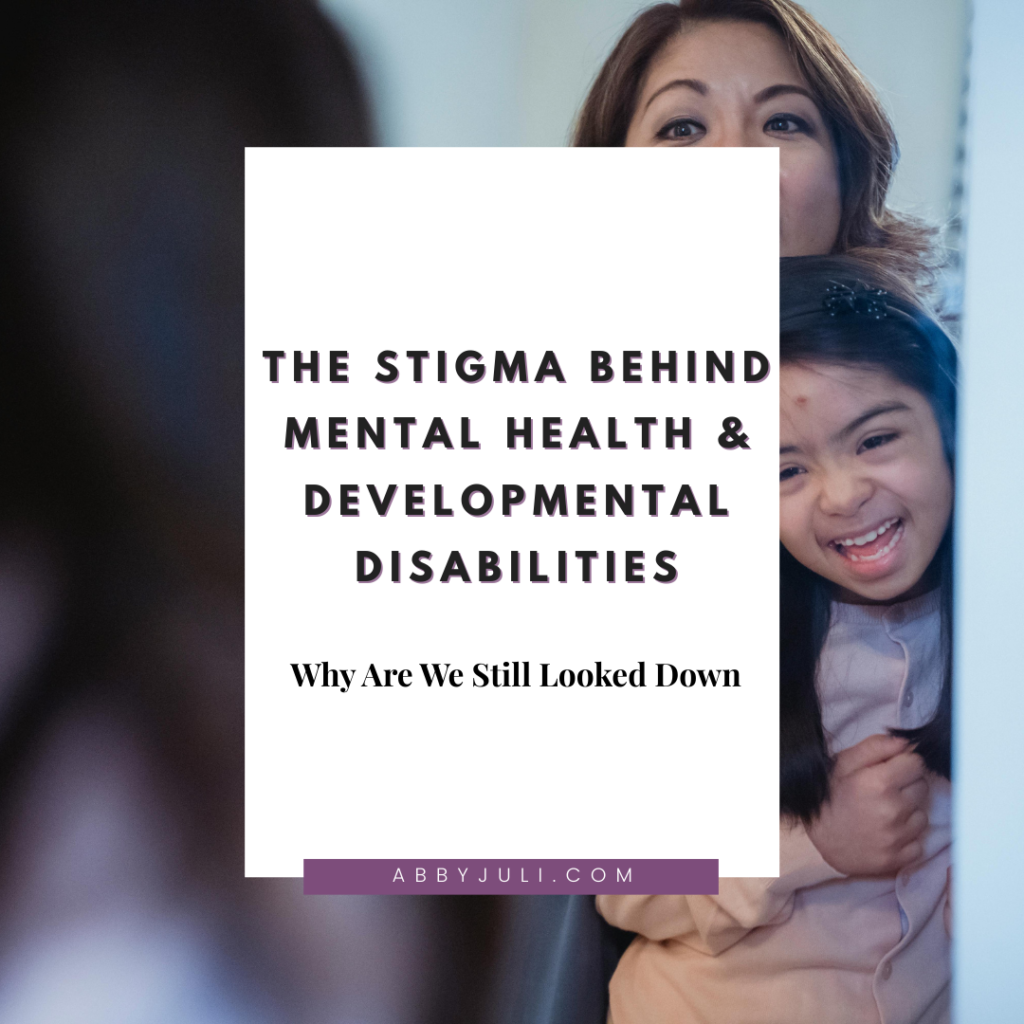
Disclaimer: I am not a licensed therapist or medical professional. Everything I share here is based on my lived experience—from both anxiety and developmental challenges. This post is not medical advice. If you’re struggling, please reach out to a qualified mental health provider. You deserve care, compassion, and support.
💭 My Story: Judged the Moment They Found Out I Had Anxiety
I learned early—in workplaces and personal interactions—that once people realize I struggle with mental health, everything changes. I had such a hard time finding jobs, because even when I performed well, employers would dismiss me as soon as they heard I had anxiety. It didn’t matter how qualified or reliable I was—once that label was out there, I was done.
At one job, my former boss played mind games, acting like he cared while quietly planting doubts. He’d say things like “you’re too emotional” or “you’re not strong enough for this”—as if being human made me unqualified.
And it didn’t stop there. They gave me limited hours, claiming they were “trying to help” me—when in reality, they assumed I couldn’t handle the work. They told me they “gave me a chance,” but did they really? How is it a chance when you never get the opportunity to grow or prove yourself? When the assumption is already made that you’ll fail?
That’s not support. That’s silent discrimination.
But eventually… I found work with people who saw my strengths, not just my struggles. And that made all the difference. Having a job that supports me gives my mind something to focus on other than spirals. It gives me structure, a break from overthinking, and even a healthy distance from my blog and creative work.
Sometimes, work is the therapy I didn’t know I needed—because it reminds me I’m capable, even on the days my brain tries to tell me otherwise.
🚫 Why Does Stigma Keep Happening?
- Invisible but Misunderstood
Society still expects us to “look disabled” to deserve compassion. But most mental health issues and learning differences are invisible. You can be successful and burning out, and people around you will still say: “But you look fine.”
That disconnect lets people doubt your experience—and judge you harshly when they don’t see what they expect.
- Labels Become Invisible Shackles
Once labeled, others expect you to act a certain way (or not act at all). These internalized beliefs lead to shame, self-doubt, and hiding who we really are. And the world sees that and often withdraws support.
- Workplaces Still Default to Bias
Even in institutions that should be supportive, people with mental health diagnoses face discrimination hiring, evolving careers, or receiving accommodations. As long as those biases exist, you can’t breathe in those spaces.
🧩 The Impact: What It Feels Like
Constantly feeling on edge, expecting rejection as soon as someone finds out about your mental health
Battling self-doubt—even when you’re doing well or proving yourself
Hurt when people gaslight your resilience into vulnerability or weakness
These are not just “my feelings”—they’re part of the broader stigma people face daily.
🌱 How I’m Working Through It (And You Can Too)
- Accept That Your Diagnosis Is Not a Deficit
You deserve respect—even if your disability isn’t visible. Your battle is valid. - Set Clear Boundaries
You don’t have to educate or prove yourself to others. You can protect yourself from those who treat you like you’re less than. - Find Allies and Advocates
Communities who believe in invisible disability rights, neurodivergent voices, and emotional inclusion—these are the people who remind you that your identity is worthy. - Speak Up When You’re Ready
Silence can feel safe, but transparency (when you’re able) can educate and shift minds. Use your voice when it feels safe.
🧡 You’re Not Weak
You’re not less, simply because you experience mental health differently. In fact, doing more with anxiety or developmental challenges—like keeping a job, raising a pet, running creative projects—is incredible.
Stigma tells you that you’re weak or broken. That voice lies. You are working smart, often harder than others, in a world that doesn’t always give you space to rest. And that strength deserves recognition.
💬 Join the Conversation
Have you ever felt judged or dismissed when people learned about your mental health or disability?
How have you handled it—either by protecting yourself or reclaiming your worth?
Drop your thoughts below. Your words might remind somebody else that they’re not invisible, not less than, and not alone.
📚 Research Shows It’s Real
Studies link stigma to avoidance of help‑seeking, slower recovery, and lasting shame.
Research in modified labeling theory emphasizes that people with mental health labels often face social rejection, leading to internalized shame and reduced self-esteem.
Invisible disabilities—like anxiety and learning differences—are often misunderstood and unfairly judged, which leads to exclusion and self-doubt.
📝 Final Note
Everything I shared here is personal, emotional, and unfiltered—and from experience, not textbooks.
If you’re struggling to feel seen, know this: you are more capable and stronger than your struggles suggest.
If you ever want help shaping how to explain this parts of your story—whether in a cover letter, blog post, or conversation—I’m here.
You’re valid. You exist. You matter.

